US Imperialism 1890-1920
History
Alfred T Mahan
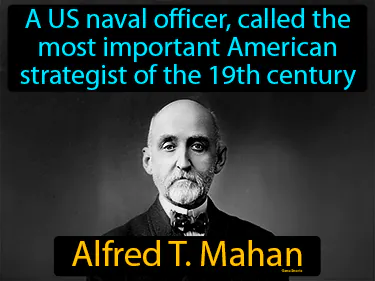
A US naval officer, called the most important American strategist of the 19th century, Alfred T Mahan. He was a historian who emphasized the significance of naval power in shaping world history.
big stick diplomacy
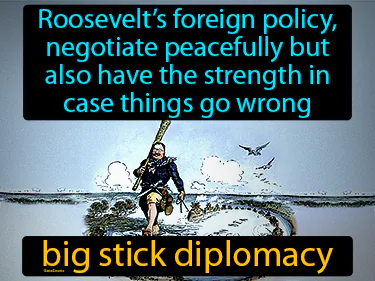
Roosevelts foreign policy, negotiate peacefully but also have the strength in case things go wrong. Big stick diplomacy. Big stick diplomacy is a strategy that emphasizes negotiating calmly while maintaining a powerful military as a backup.
Boxer Rebellion
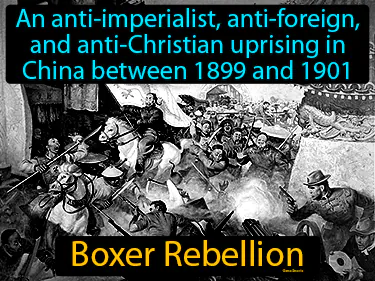
An anti-imperialist, anti-foreign, and anti-Christian uprising in China between 1899 and 1901. Boxer Rebellion. The Boxer Rebellion was a Chinese movement aiming to expel foreign influence and Christianity from China.
Emiliano Zapata
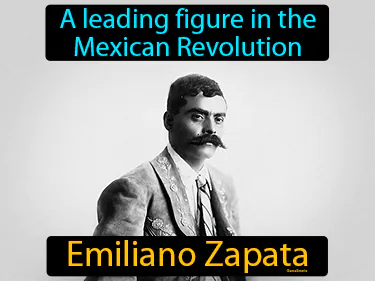
A leading figure in the Mexican Revolution, Emiliano Zapata. Zapata was a champion of agrarian reform, fighting for peasants' rights to land.
Emilio Aguinaldo
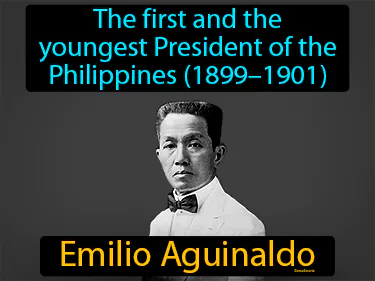
The first and the youngest President of the Philippines 18991901, Emilio Aguinaldo. Emilio Aguinaldo was a key leader in the Philippine fight for independence from Spanish and American rule.
Foraker Act
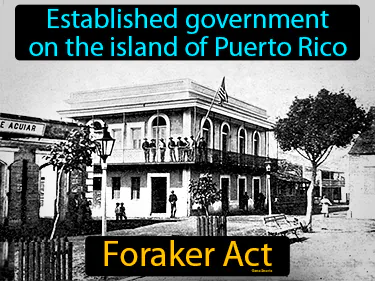
Established government on the island of Puerto Rico. Foraker Act. The Foraker Act was a U.S. law in 1900 that set up a civilian government in Puerto Rico after it became a U.S. territory.
Francisco Pancho Villa
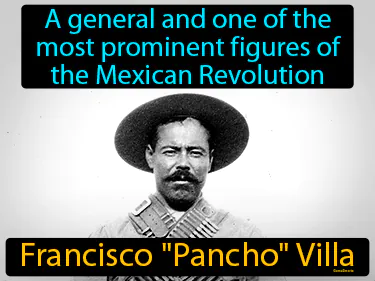
A general and one of the most prominent figures of the Mexican Revolution, Francisco Pancho Villa. He was a revolutionary leader who fought for the rights of the poor in Mexico.
George Dewey
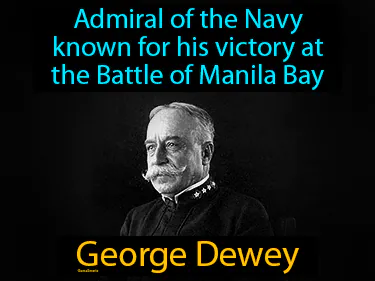
Admiral of the Navy known for his victory at the Battle of Manila Bay. George Dewey. George Dewey was a key naval leader in the Spanish-American War.
Great White Fleet
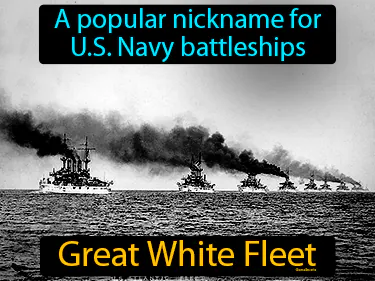
A popular nickname for United States Navy battleships. Great White Fleet. The Great White Fleet was a group of U.S. Navy ships that sailed around the world from 1907 to 1909 to show American naval power.
imperialism
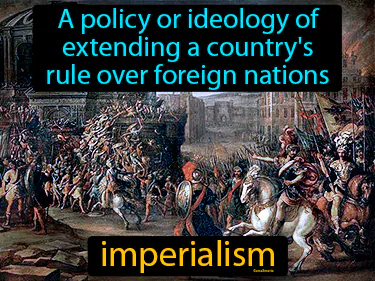
Economic, military, and cultural influence of the US on other countries. Imperialism. Imperialism is when a powerful country controls or influences less powerful countries often for its own benefit.
insurrection
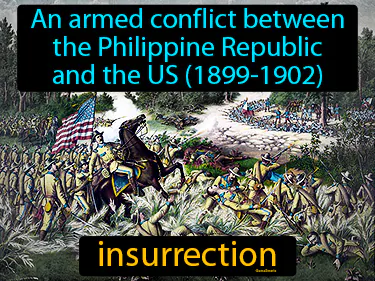
An armed conflict between the Philippine Republic and the US 1899-1902. Insurrection. Insurrection is a violent uprising against an authority or government.
jingoism
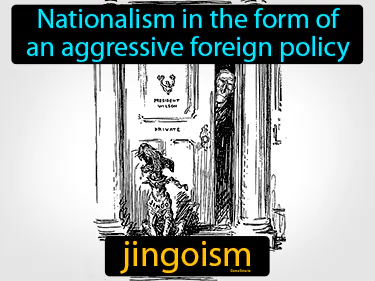
Nationalism in the form of an aggressive foreign policy. Jingoism. Historically, jingoism refers to extreme patriotism that advocates for a belligerent or warlike foreign policy.
John Hay
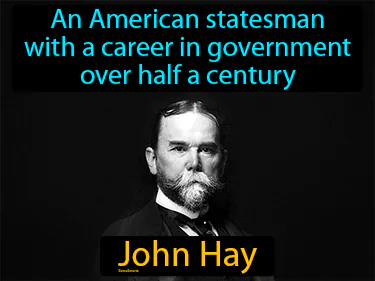
An American statesman with a career in government over half a century. John Hay. He was a key diplomat and secretary of state who promoted the Open Door Policy in China during the late 19th and early 20th centuries.
John J Pershing
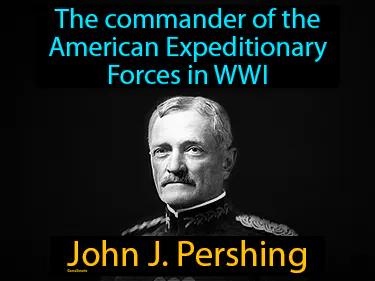
The commander of the American Expeditionary Forces in WWI, John J Pershing. John J Pershing was the leading American general in World War I, overseeing U.S. troops in Europe.
Jose Marti
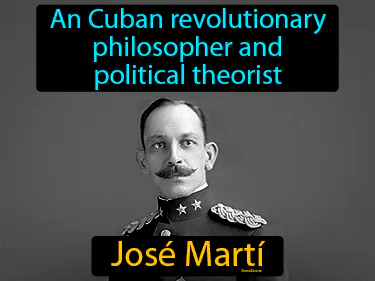
An Cuban revolutionary philosopher and political theorist. Jose Marti. Jose Marti was a key figure in Cuba's struggle for independence from Spain.
moral diplomacy
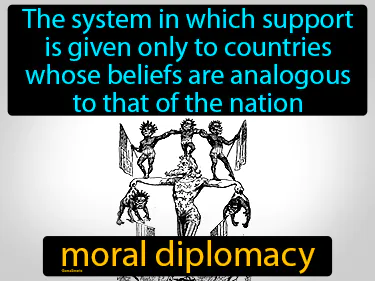
Support is given only to countries whose beliefs are the same to that of the supporting nation. Moral diplomacy. Moral diplomacy is a strategy where a country supports other nations with similar values and democratic principles.
Open Door notes
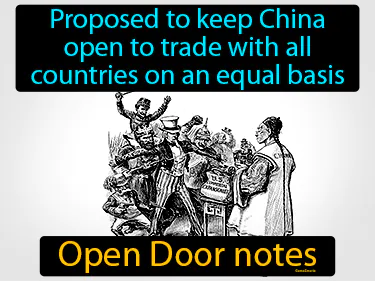
Proposed to keep China open to trade with all countries on an equal basis. Open Door notes. The Open Door Notes were a U.S. policy in the late 19th and early 20th centuries aimed at ensuring equal trading rights for all nations in China.
Open Door Policy
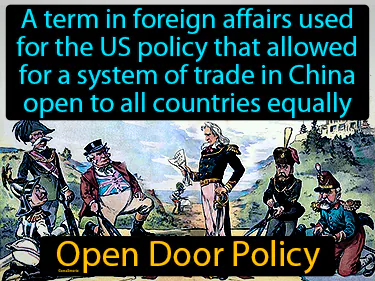
The US policy that allowed for trade in China open to all countries equally. Open Door Policy. The Open Door Policy aimed to ensure that all countries could trade with China on an equal basis, preventing any single nation from monopolizing commerce with China.
Panama Canal
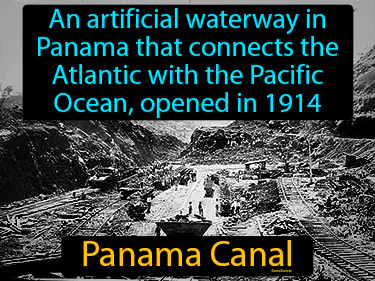
An artificial waterway in Panama that connects the Atlantic with the Pacific Ocean, opened in 1914. Panama Canal. The Panama Canal is a man-made channel that significantly shortened maritime travel between the Atlantic and Pacific Oceans, revolutionizing global trade.
Platt Amendment
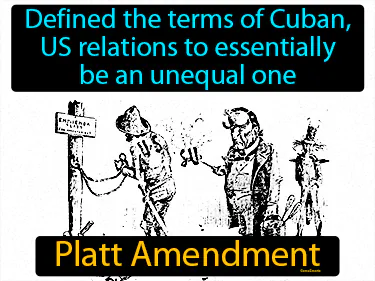
Defined the terms of Cuban, US relations to essentially be an unequal one. Platt Amendment. The Platt Amendment was a 1901 agreement that allowed the United States to intervene in Cuba's affairs and maintain a military presence on the island.
protectorate

A dependent territory, while a greater state retains control. Protectorate. A protectorate is a region that controls its internal affairs but is protected and influenced by a more powerful state.
Queen Liliuokalani
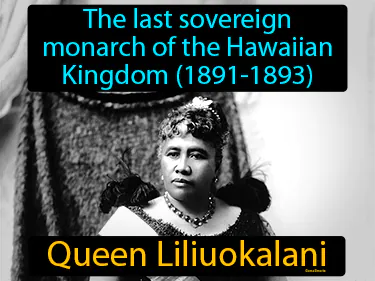
The last sovereign monarch of the Hawaiian Kingdom 1891-1893. Queen Liliuokalani. She was the last reigning queen who sought to preserve Hawaii's independence before it was annexed by the United States.
Roosevelt Corollary
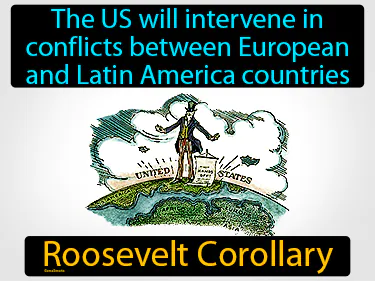
The US will intervene in conflicts between European and Latin America countries. Roosevelt Corollary. The Roosevelt Corollary stated that the US could intervene in Latin American countries to maintain stability and keep European powers out.
Rough Riders
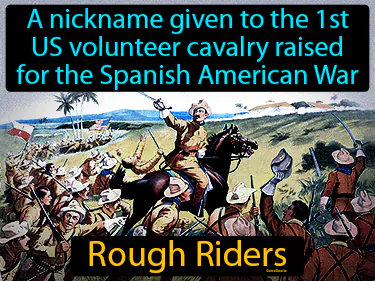
A nickname given to the 1st US volunteer cavalry raised for the Spanish American War Rough Riders. The Rough Riders were a famous group of soldiers led by Theodore Roosevelt during the Spanish-American War.
Russo-Japanese War
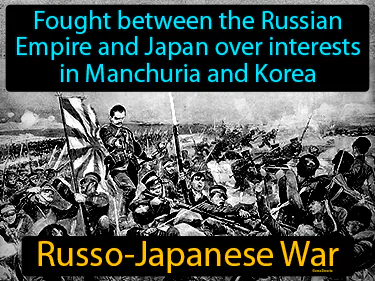
Fought between the Russian Empire and Japan over interests in Manchuria and Korea. Russo-Japanese War. It was a conflict in 1904-1905 where Japan emerged victorious, marking the first time an Asian power defeated a European one in modern history.
San Juan Hill
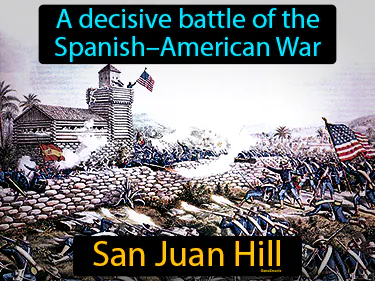
A decisive battle of the SpanishAmerican War. San Juan Hill. San Juan Hill is where U.S. forces, led by Theodore Roosevelt and the Rough Riders, won a significant victory against Spanish troops in Cuba.
Sanford B Dole
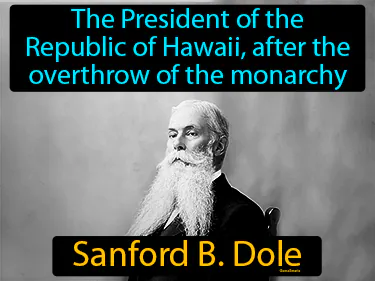
The President of the Republic of Hawaii, after the overthrow of the monarchy, Sanford B Dole. Sanford B Dole played a key role in the annexation of Hawaii by the United States.
Treaty of Paris
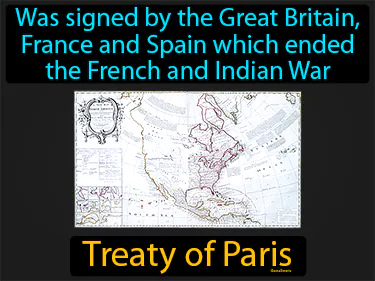
A treaty signed by Spain and the US that ended the Spanish American War - 1898. Treaty of Paris. The Treaty of Paris was the agreement that ended the Spanish-American War, resulting in Spain ceding territories like Puerto Rico and the Philippines to the U.S.
USS Maine
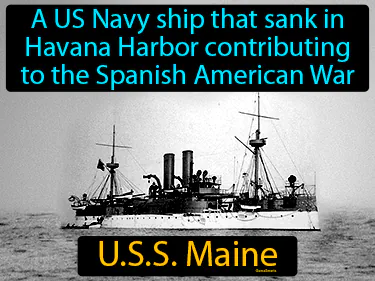
A US Navy ship that sank in Havana Harbor, contributing to the Spanish American War. USS Maine. The USS Maine was a battleship whose sinking in 1898 led to a conflict between the United States and Spain.
Valeriano Weyler
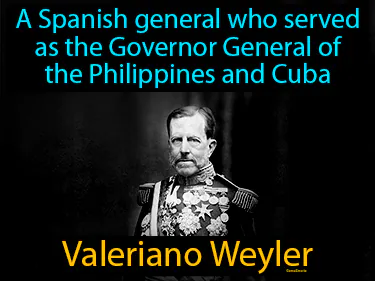
A Spanish general who served as the Governor General of the Philippines and Cuba, Valeriano Weyler. He is known for implementing harsh policies in Cuba that intensified tensions leading up to the Spanish-American War.
yellow journalism
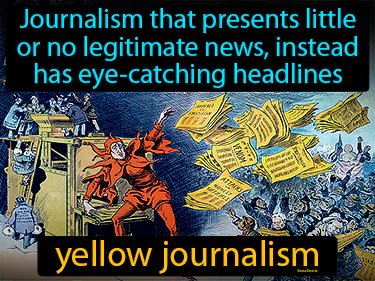
Journalism that presents little or no legitimate news, instead has eye-catching headlines. Yellow journalism. In history, yellow journalism refers to sensationalized and exaggerated reporting used in the late 19th century to attract readers and influence public opinion.